Indoor plants are plants grown indoors in places such as residences and offices. they are commonly grown for decorative purposes, positive psychological effects, keeping fresh or health reasons such as indoor air purification and more. Indoor plants are functional decorations for your home and office which brightens up your space improves your mood and purifies your air.
Several studies have found that potted plants improve your work and living space by reducing your blood pressure, improving your attention and productivity, lowering your anxiety levels and raising your job satisfaction. Other research has demonstrated that doing tasks around plants has led to a higher degree of accuracy and better results in the task performed, memory retention and concentration also improve around nature (plants). The researchers found that exposure to plants improved memory performance by 20 percent.
Research has also demonstrated that indoor plants kept close to an individual's space at work had a statistically significant effect on how many sick days they took and their level of productivity. Research has also proven that hospital patients with indoor plants placed in their wards reported lower stress level than patients without them.
BEST HOUSEPLANTS TO DE-STRESS YOUR HOME & PURIFY THE AIR
A well-placed greenery does not only brightens a space but also purifies the air and they are also helpful in creating a more relaxing, restful ambiance in any room. Do you know that spending time in nature is linked to reduced stress levels and tension relief? If you don’t, no worries, we have collected a list of some beautiful indoor plants that are easy to care for and effective at increasing oxygen and clearing out toxins for cleaner breathing air.
Most of these plants are common and easy to find at your local florist or home improvement store.
So, here we go in no particular order;
- FICUS
Ficus is a genus of about 850 species of woody trees, shrubs, vines, epiphytes and hemiepiphytes in the family of Moraceae.
- ALOE VERA PLANT
Aloe vera is a plant species of the genus Aloe. It grows wild in tropical climates around the world and is cultivated for agricultural and medicinal uses. Aloe is also used for decorative purposes and grows successfully indoors as a potted plant.
- BOSTON FERN
One of the most popular varieties of fern is the Boston fern. With its frilly leaves and long, hanging fronds, it's easy to see why it is so widely admired. Boston ferns that are full and flourishing make a wonderful addition to the home, adding an elegant charm and classic beauty unlike any other houseplant available.
- CHINESE EVERGREEN
Chinese Evergreen plant is easy to grow, and tolerant of low light and low humidity.
- BABY RUBBER
Gold green baby rubber plant is a small tropical Houseplant, an ideal gift for Birthdays, Thank you's and Congratulations. Helps purify air and often used as a terrarium plant or in offices and windowsills.
- BAMBOO PALM
The bamboo palm is a very popular house plant which has 3 different kinds, is all easy to grow indoors or in containers: The dwarf, the bamboo and the hardy bamboo.
All are members of the Chamaedorea branch of the palm family along with the parlor palm, cat palm, and metallic palm. Its leaf display will vary from a finer feather looking to a broader across leaf depending on where it is native.
- ARECA PALM
The areca palm, also called the yellow butterfly palm, bamboo palm and golden cane palm, is one of the easiest palm trees to grow indoors. It's relatively disease-free and topped a NASA study of the 10 best air purifying plants. This palm tree, with its long, graceful feather-shaped fronds, will add a tropical feel to your home and is especially well suited for screened patios and atriums.
- MASS CANE
Mass cane tolerates a wide variety of indoor light conditions. Ideally, choose a space with moderate natural light or beneficial artificial lighting.
Moderate light will provide all this plant needs to support itself. Since it is a slow-growing plant, mass cane will maintain its height and shape for some time. It's a great choice for office spaces with fluorescent lighting.
In strong light, the plant's growth will speed up, and it will need fertilizer more regularly so as to avoid symptoms of chlorosis. There is also a greater chance of developing mealy bug in bright light. Beyond these side effects, there's no problem in putting the plant in a space with lots of light.
Low light is the least desirable lighting choice. Some mass canes can survive in low light. However, because low light slows the plant's process of photosynthesis, you will need to dramatically reduce the amount you water the plant. Otherwise, your plant will continually display symptoms of overwatering. Controlling the moisture level in this setting will become more difficult.
GENERAL BENEFITS OF INDOOR PLANTS
You don’t have to be an environmental psychologist to understand that plants look attractive. But dig a little deeper beneath their beauty and you’ll discover that the benefits of interior landscaping go far beyond the aesthetics.
Recent research tells us that interior plants are good and helpful for buildings and people in a variety of subtle ways. Interior landscaping plays a vital role in providing a pleasant and tranquil environment in which to move, work or relax.
- Plants help reduce stress and create a feeling of well-being
- Plant help improve air quality
- Plant help lower background noise
CARE TIPS FOR HOUSE PLANT
- Tropical plants needs misting daily or better still place it on a tray of damp gravel
- For acid loving plants, water with rain water when possible
- One of the most common causes of plant death is over-watering. Over watering can easily cause root death and kill the plant, so, water plant with a reasonable space
- Your plant needs repotting every 1 to 2 years depending on its type and size.
- Your plants need water, the right growing light, and warmth to survive.. So when you're off on holiday, don't forget about your green friends. Make sure that someone else knows to keep the blinds open and the thermostat up.
- Avoid annoying little flies by being careful not to tip tea and coffee into plant containers. The sugars left in the compost make it an ideal breeding ground for flies.
- Regularly prune your plants to stop them becoming 'leggy'. Once they've lost the foliage on their lower branches, it's very difficult to get it to return.
In conclusion, try adding one of these to your office space or bedroom for a little dose of zen.
This article is brought to you by the HOG furniture Creative Team, articles were sourced widely online which makes acknowledging a particular source almost impossible.
Are you an interior décor /furniture enthusiast? You might want to contribute to our blog, feel free to reach out to us at – info@hogfurniture.com.ng or call (+234)08186178485



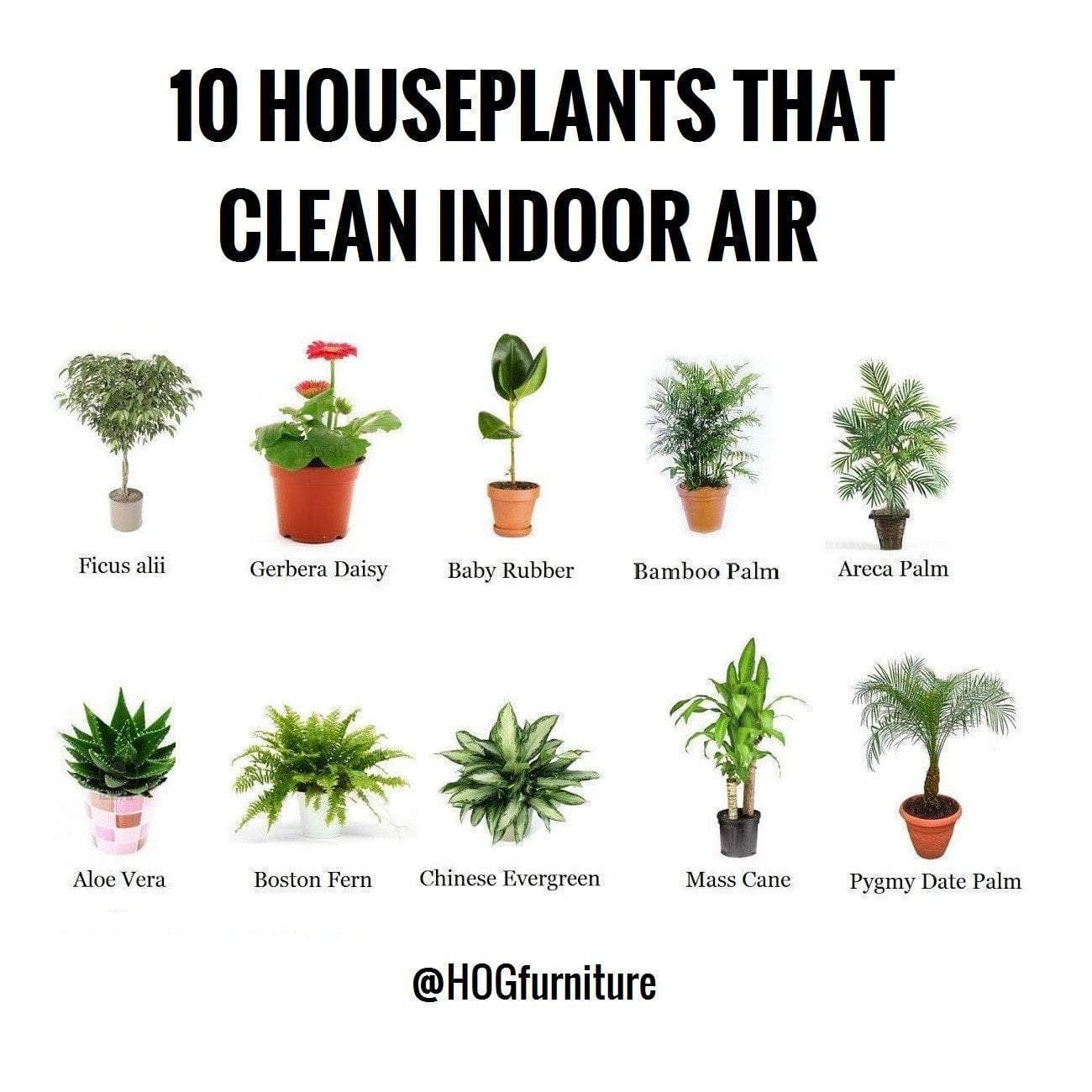


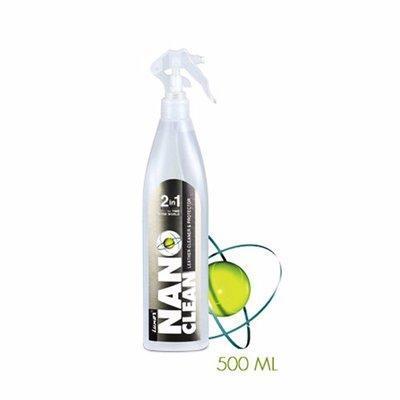
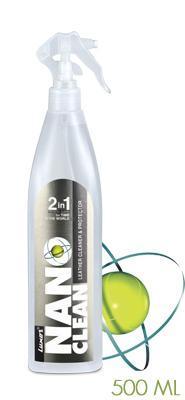
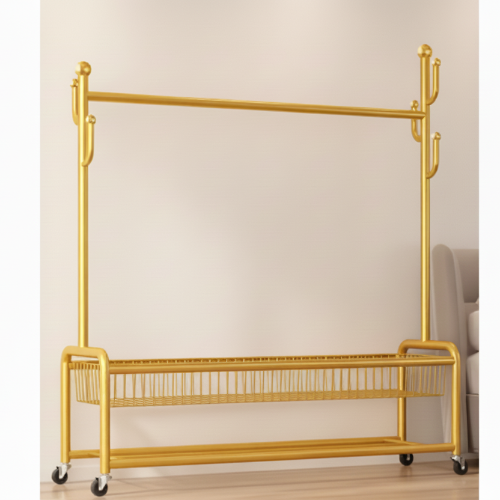
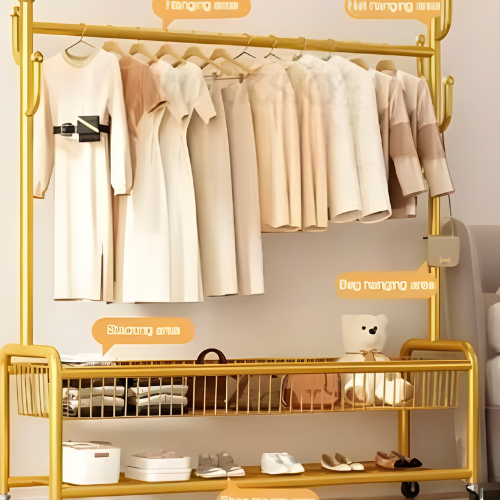
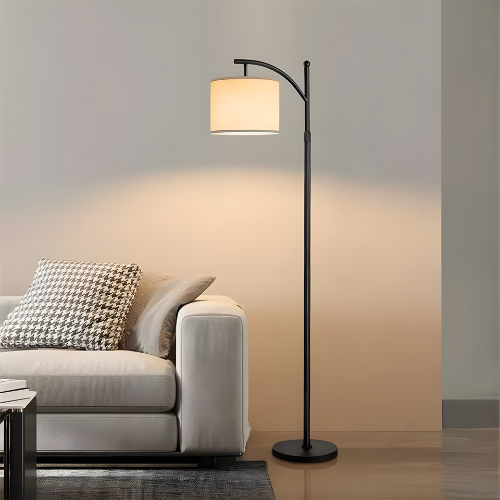
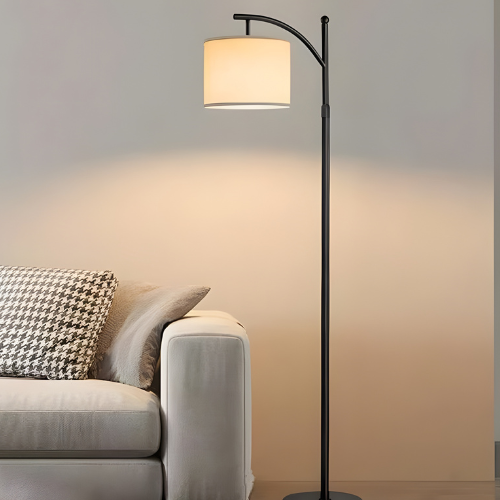
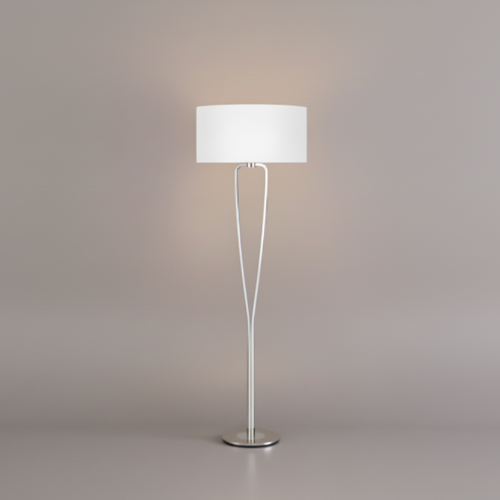
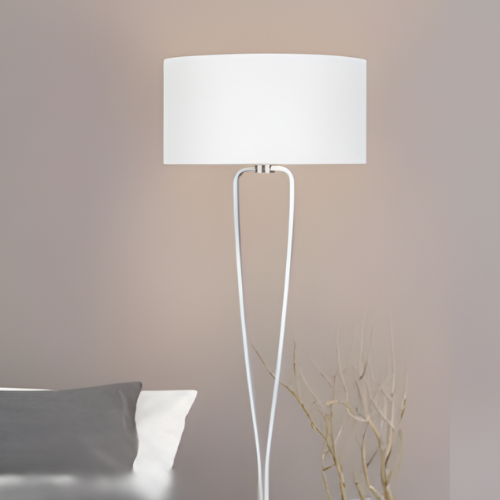
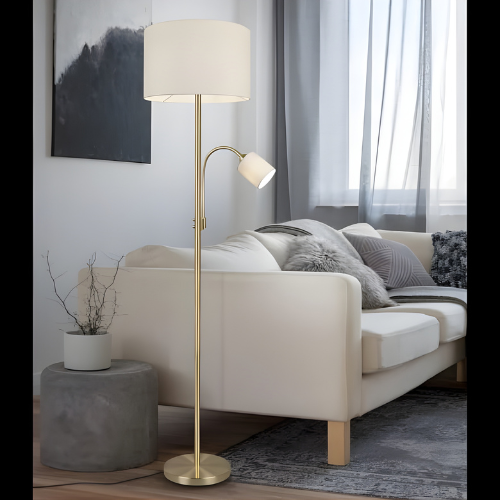
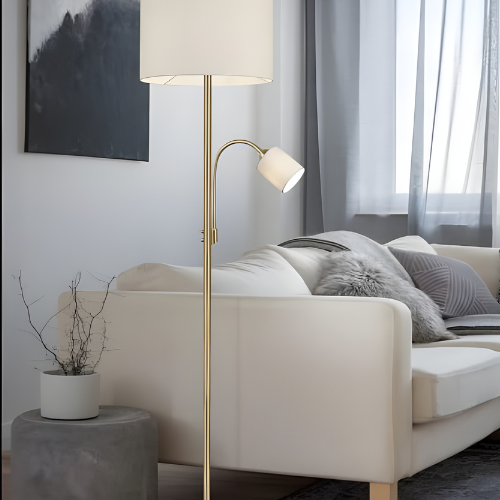
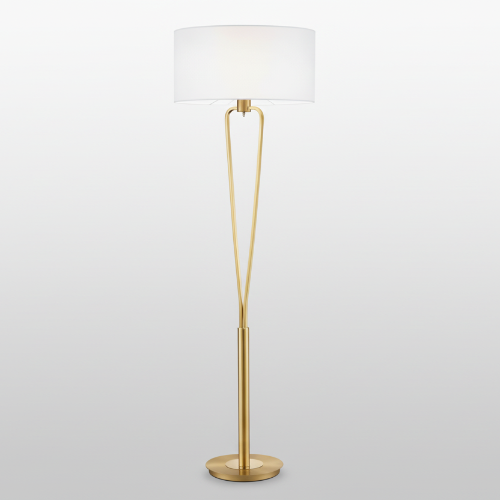
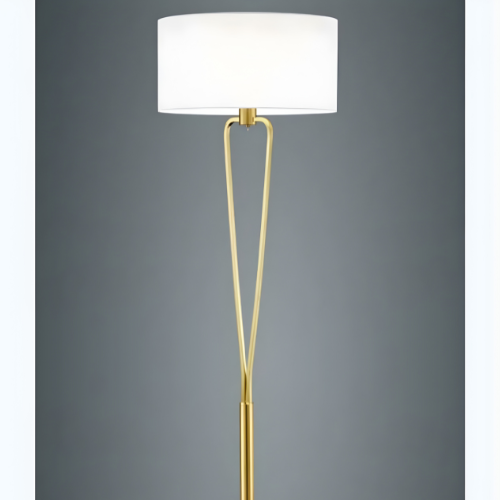
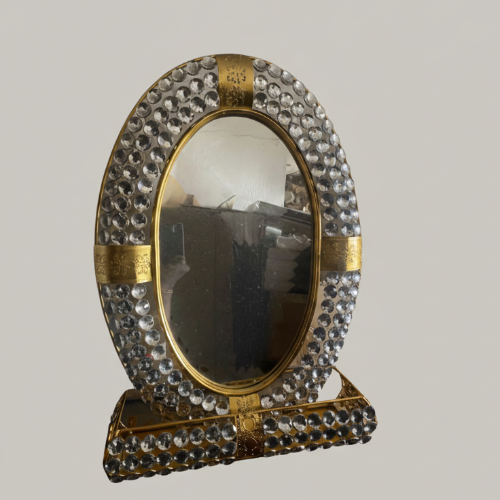
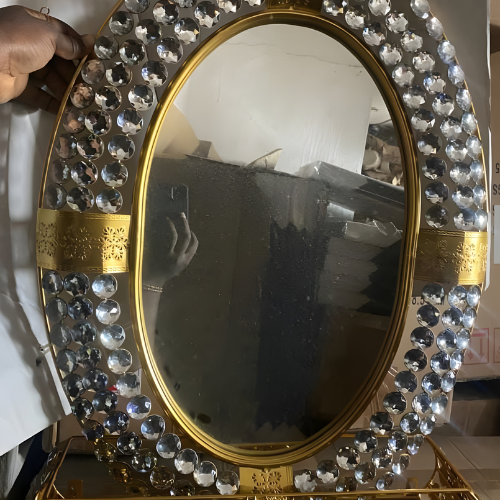
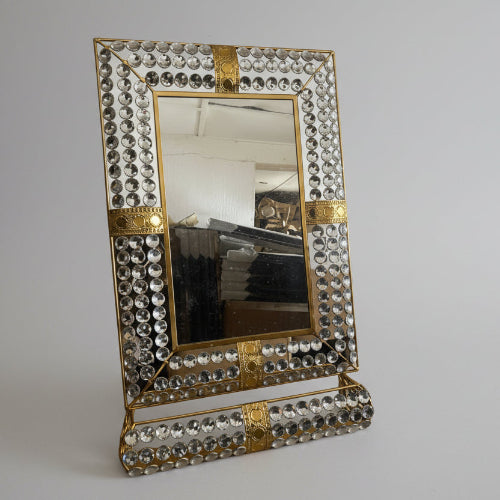
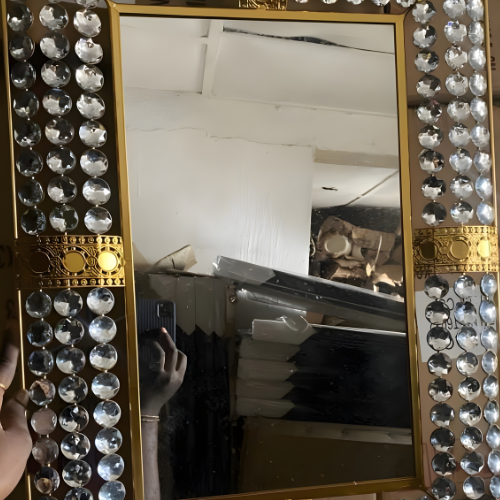
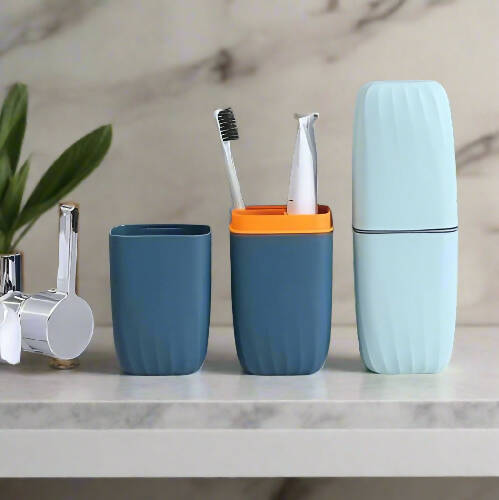
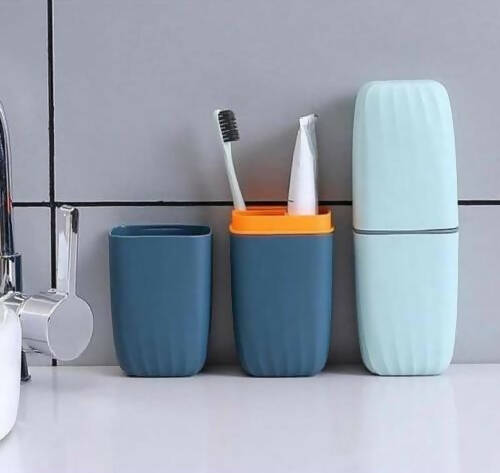
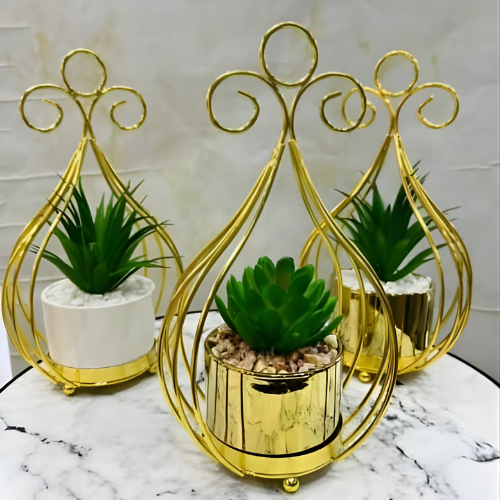
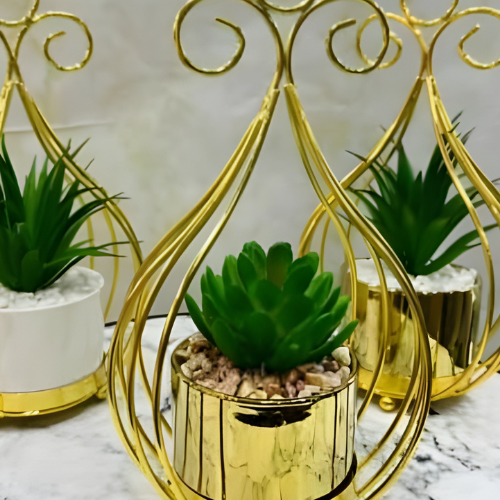
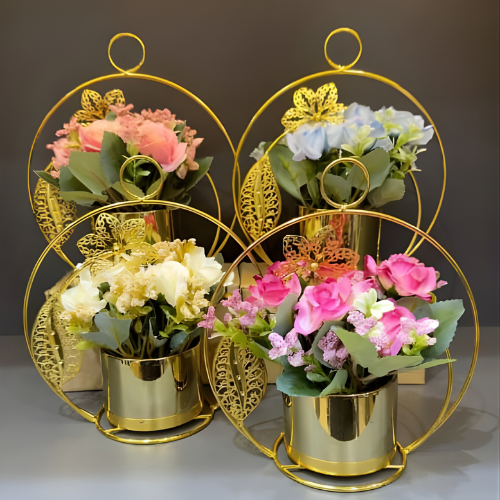
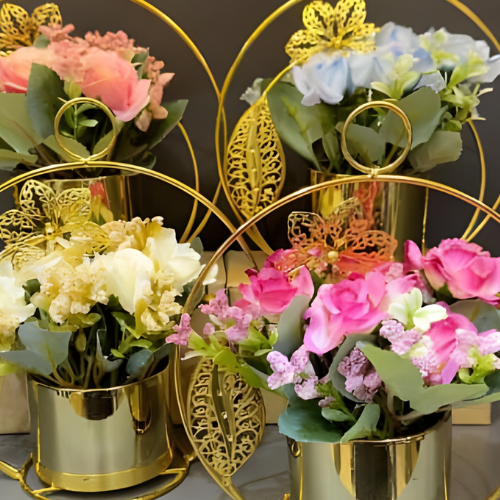
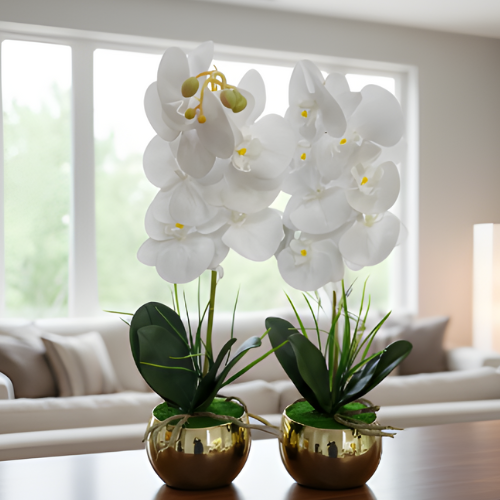
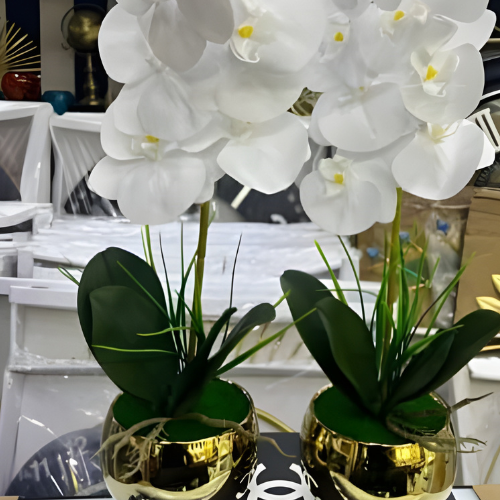
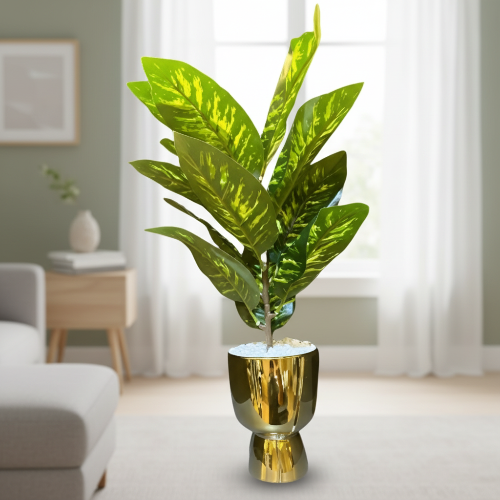
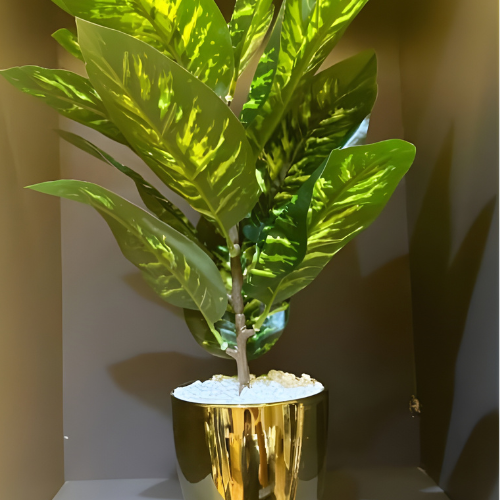

1 comment
Elva Connolly
Hey, it’s Elva!
Almost everyone is using voice search with their Siri/Google/Alexa to ask for services and products now, and in 2019, it’ll be EVERYONE of your potential customers. What you are missing out on.
Just now, I can only find hogfurniture.com.ng on text search after going through a few pages (that’s hurting your business), competitors above are getting all the traffic and business!
Answer all your clients’ questions on your website and earn their business! Find out how simple it is here: https://goo.gl/6h8hfW
Get your voice search optimized content: https://goo.gl/tQh8J7
Cheers,
Elva